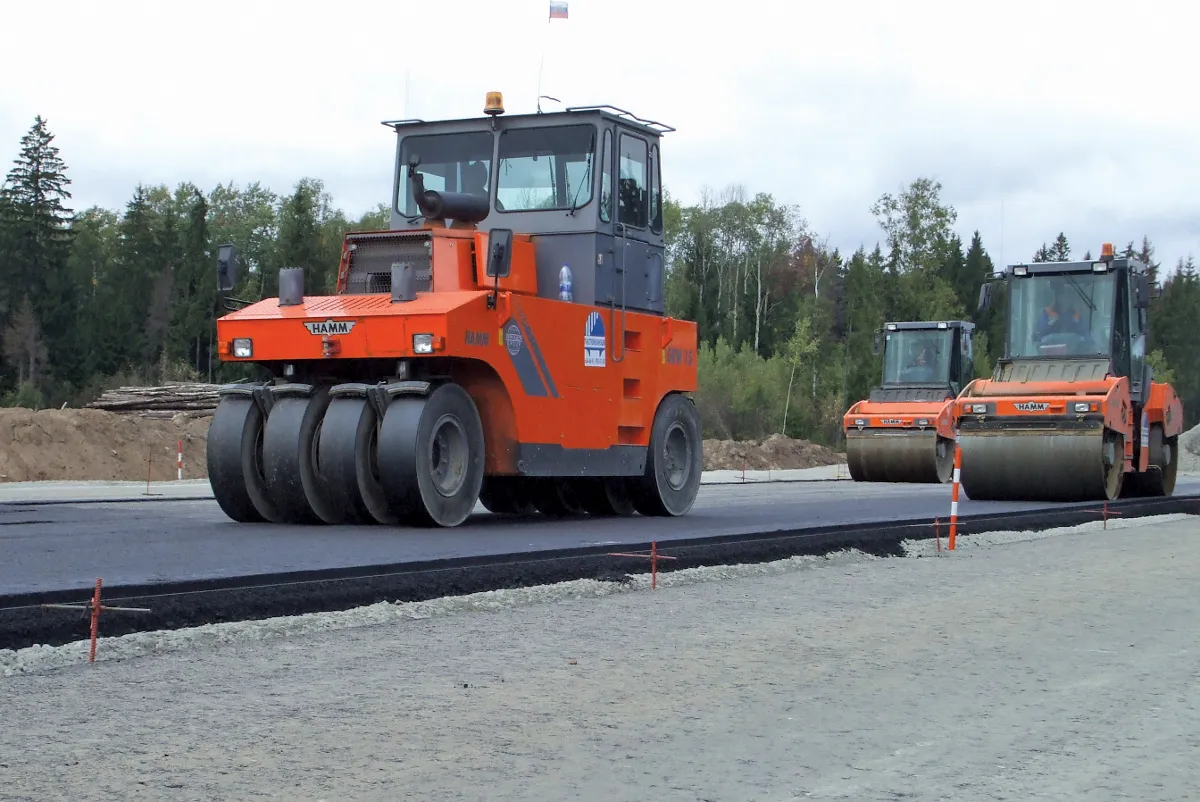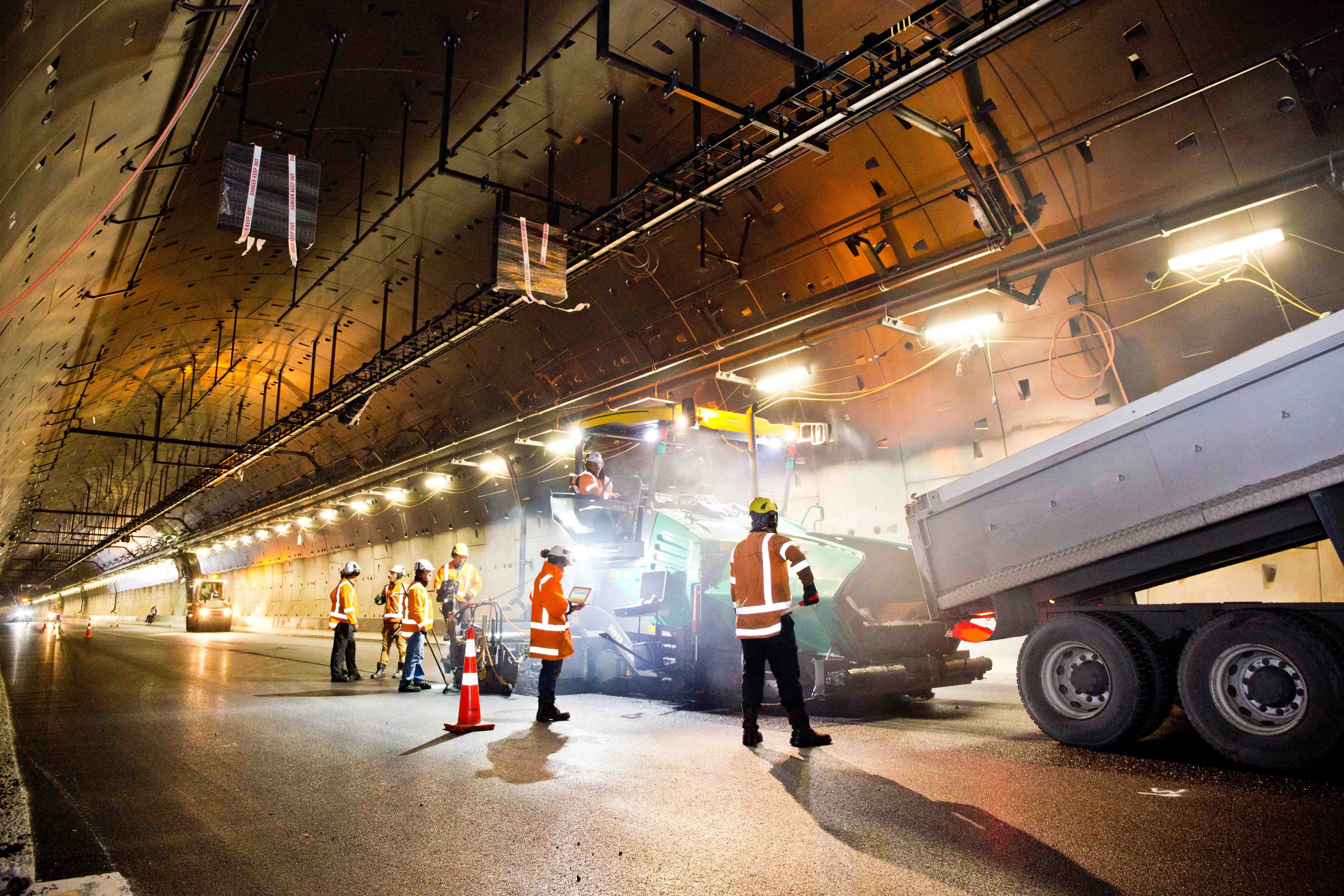BAAK Blankenburg-Verbinding – consisting of Dutch construction firm
The deal is for a tunnel under the Nieuwe Waterweg river west of Vlaardingen, a city in southern Holland and on the north bank of the river Nieuwe Maas where it meets the Oude Maas.
The public-private partnership is worth around €1.2 billion, including design, construction and 20 year’s maintenance. The tender was awarded by Rijkswaterstaat, the Directorate-General for Public Works and Water Management.
Dutch media report that the government documents state the contract was awarded on price, CO2 emissions, traffic disruption and other quality-related criteria. BBV24 – consisting of VolkerWessels,
The project will connect the A20 motorway to the A15 motorway, with site work to start next year. Work includes construction of two junctions and the widening the A20 between the A24 and the Kethelplein junction.
The project is part of the masterplan Rotterdam Vooruit to develop the Rotterdam region between 2020-2040.
Netherlands: BBV24 consortium to appeal Blankenburg Tunnel deal
In the Netherlands, the consortium of BBV24 is appealing the awarding of the Blankenburg Tunnel construction contract to another consortium, BAAK Blankenburg-Verbinding.
BAAK Blankenburg-Verbinding – consisting of Dutch construction firm Ballast Nedam, Belgian dredging company Deme and Australian investment bank Macquarie – won the contract earlier this year.
September 27, 2017
Read time: 2 mins
In the Netherlands, the consortium of BBV24 is appealing the awarding of the Blankenburg Tunnel construction contract to another consortium, BAAK Blankenburg-Verbinding.








